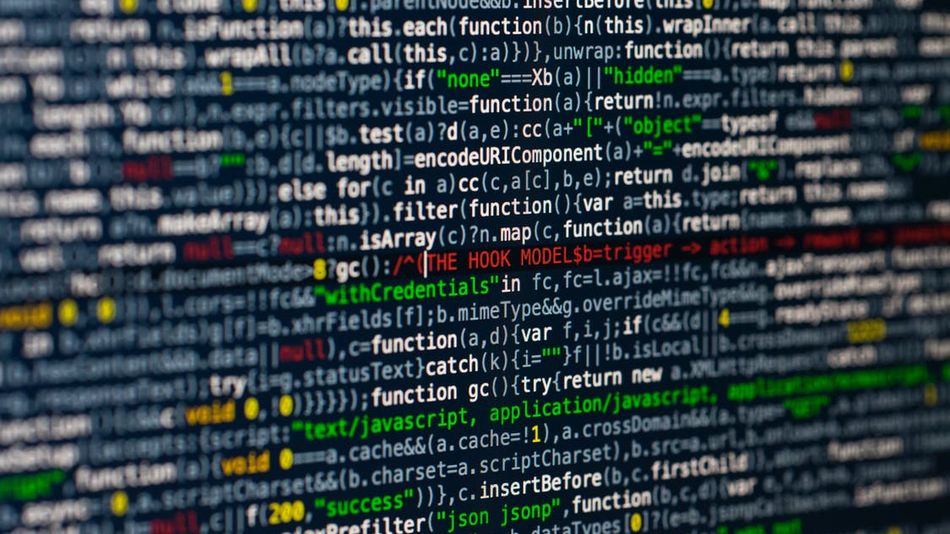“While programming will indeed usefully equip one better to understand computer scientific discourses, it should NOT be taken as the necessary precondition to engaging with the computer sciences and all who consider themselves scholars of the humanities should realize that the discourse of programming is only the technical jargon with which computer scientists address many of the very same questions that one encounters every day in the humanities.”
Evan Donahue, “A ‘Hello World’ Apart (why humanities students should NOT learn to program)”.
I created my first website when I was eight years old. I didn’t learn my first programming language until I was a sophomore in high school. One does not need to know how to code to understand the principles of computer science and the underpinnings of most modern software.
In the twenty-first century, it’s necessary to have some level of technological proficiency to succeed. As the humanities become increasingly digital, it behooves students to learn digital tools and methods so that they can collaborate with others and understand developments in the field. To that end, coding is a valuable skill that everyone should learn, yet it shouldn’t be a prerequisite to engaging with the digital humanities or making meaningful contributions to the discipline.
I define coding in the most literal sense as using a programming language to create software. As Evan Donahue writes, coding is the “technical jargon” of computer scientists and the language through which computer scientists communicate their ideas. Yet the ideas themselves can be understood and mastered by anyone. While learning to code is beneficial, one does not need to be fluent in Python to grasp the principles of computer science or to be a tech-savvy individual.
These days, one can be digitally skilled without knowing a single programming language: many digital humanities tools, such as SketchUp or Voyant or ArcGIS, do not require coding. Mandating coding as a prerequisite may deter students from entering the humanities and place an unnecessary burden on students who struggle to code, either because it is inaccessible or simply a weakness. I believe that everyone who is able to should eventually learn to code, but an inability to program should not stop students from studying the digital humanities or learning about computer science. As Donahue says, “Learn to program whenever it is convenient, but start thinking about the computer sciences as relevant areas of concern right now.”
In terms of my own personal experience, I have always been fascinated by technology and computers. As a child, I enrolled in several classes offered by my local community center that taught students how to program their own games. I took my first computer science class my sophomore year of high school where I studied Visual Basic and continued this education at Carleton where I learned Python. I fell in love with programming as a creative and generative activity, one that was equivalent to world-making, but felt stifled by its heavy reliance on math.
<head>
<title> My favorite things </title>
</head>
<body>
<h1>My Favorite Things</h1>
<h2>By Grace Brindle</h2>
<p>Here is a list of <em>my</em> <strong>favorite</strong> things.</p>
<p>Let's begin!</p>
<h2>My favorite foods</h2>
<ul>
<li>Spaghetti bolognese</li>
<li>Ice cream</li>
<li>Chicken korma</li>
</ul>
<h2>My favorite songs</h2>
<ol>
<li><a href="https://www.youtube.com/watch?v=lLD0Z_PRyQc">Unbelievers by Vampire Weekend</a></li>
<li><a href="https://www.youtube.com/watch?v=tJx0HftF6Vk">The Promised Land by Bruce Springsteen</a></li>
<li><a href="https://www.youtube.com/watch?v=BqSro-8_gpU">Forrest Gump by Frank Ocean</a></li>
</ol>
<h2>My favorite animals</h2>
<img src="https://cdn.britannica.com/07/5207-050-5BC9F251/Gray-wolf.jpg" width="150" height="90" alt="Wolf">
<img src="https://www.telegraph.co.uk/content/dam/news/2019/08/28/TELEMMGLPICT000169908378_trans_NvBQzQNjv4BqyuLFFzXshuGqnr8zPdDWXiTUh73-1IAIBaONvUINpkg.jpeg" width="150" height="90" alt="Seal">
<img src="https://static01.nyt.com/images/2020/08/16/reader-center/14-panda-baby/14-panda-baby-facebookJumbo.jpg" width="150" height="90" alt="Panda">
</body>I wouldn’t describe myself as a master of any programming language but my knowledge of computer science allows me to read programs and understand what is happening. As someone with minimal experience with HTML, I am still able to look at the above program and decipher exactly what each line is doing. In this manner, humanities students can still have a decent understanding of computer science without knowing how to program.
